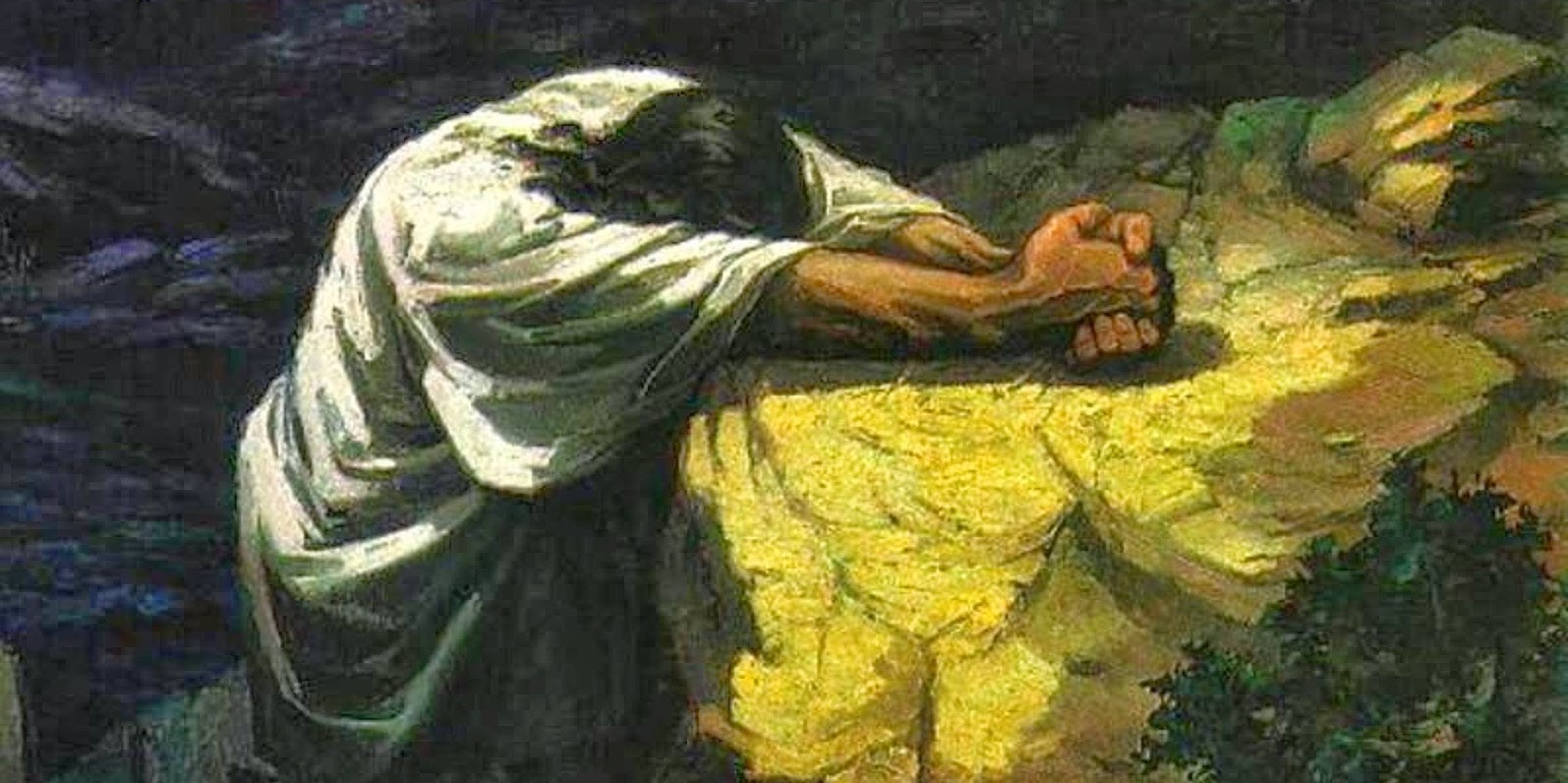In a private security meeting in 1960 with President Dwight Eisenhower, Secretary of State John Foster Dulles explained that the soon-to-be-independent Congo was a diplomatic quagmire for the United States. The nation possessed enormous mineral wealth and if the United States didn’t find a way to create healthy trading relationships with the Congolese, the Soviet Union would.
Login to read more
Sign in or create a free account to access Subscriber-only content.
